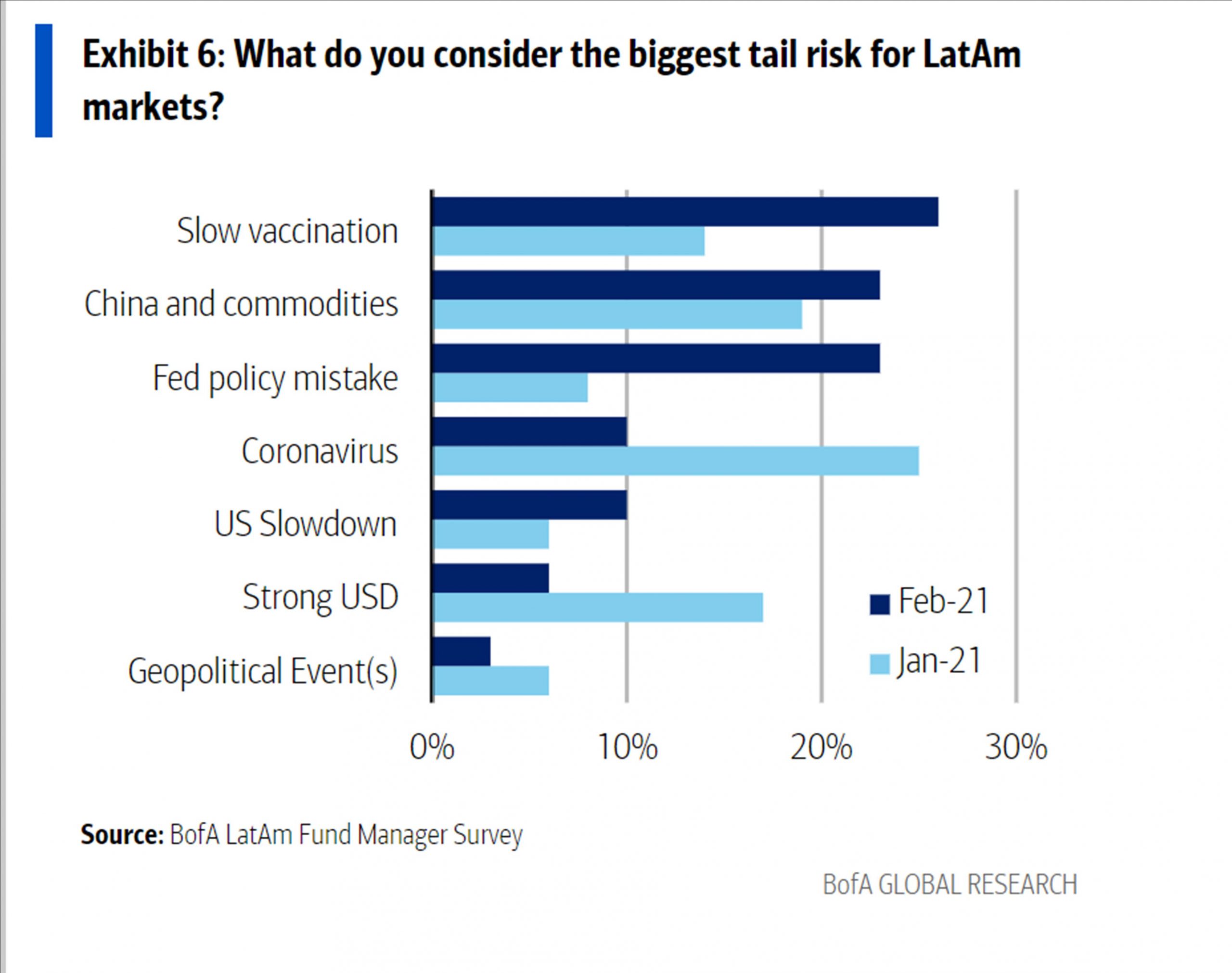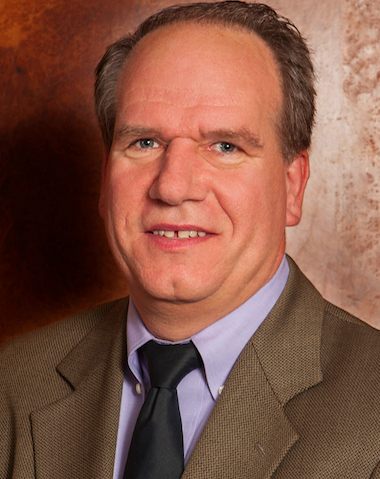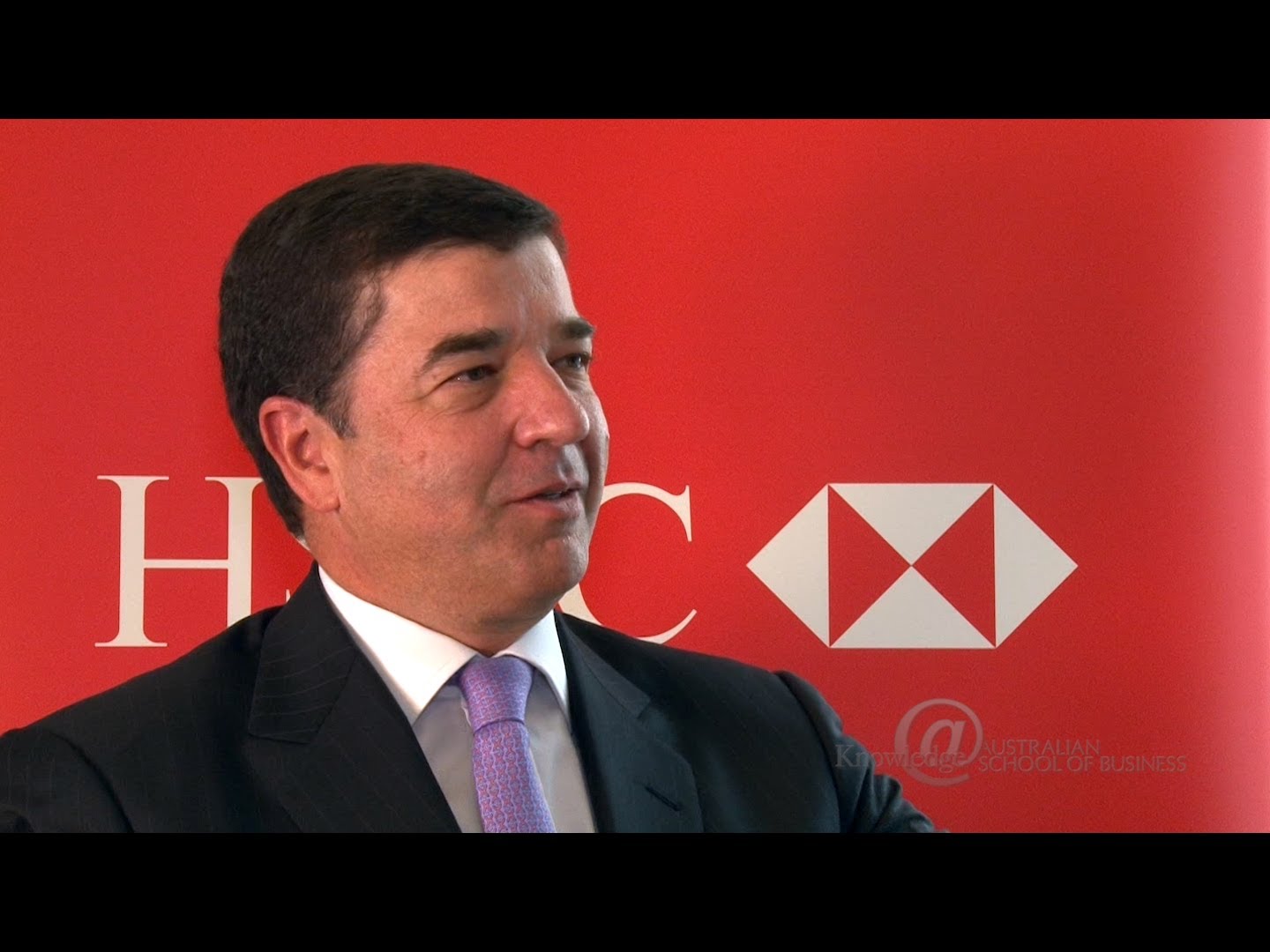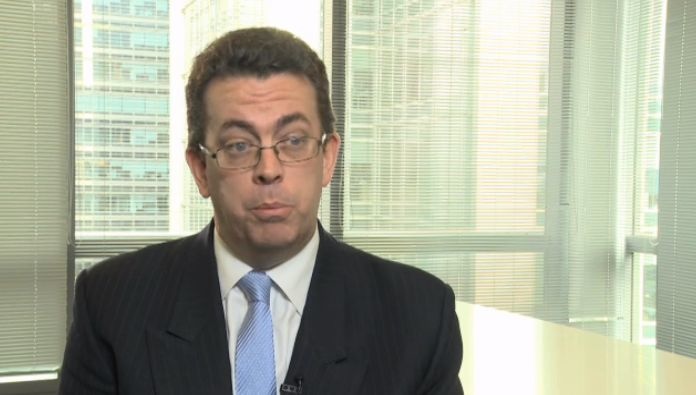Old Mutual Global Investors Successfully Held its First Investment Conference in Latin America
| By Fórmate a Fondo | 0 Comentarios
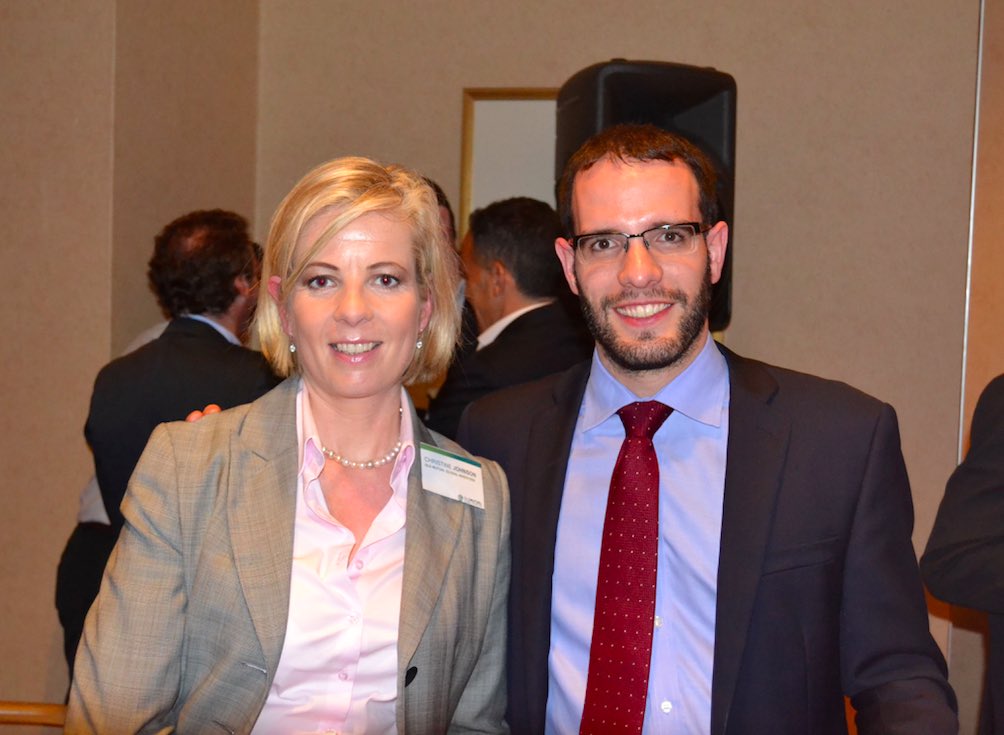
Last week, Old Mutual Global Investors held a successful event in Punta del Este, Uruguay, bringing together over 70 Latin American investors from Uruguay, Argentina, Chile, Colombia and Mexico.
Through this event, Old Mutual Global Investors wished to share with clients their views on investment trends and current opportunities, as well as developments in its management and business development teams in the Americas region. The team led by Chris Stapleton, which, working from Boston, is responsible for the distribution business in the Americas, was present in Uruguay in its entirety with a clear message: Latin America is a priority for Old Mutual Global Investors, and this event, which just celebrated its first edition, is destined to be repeated every year.
Veronica Rey, Regional Director of the Southern Cone, acted as Emcee throughout the event introducing the various directors and portfolio managers who discussed the firm’s strategy and market vision. Also present were Andrés Munho, who, based in Miami, is Regional Director for Florida, Texas, and northern Latin America, and Santiago Sacias, who works as Southern Cone Sales and, like Veronica Rey, is based in Montevideo.
Old Mutual Global Investors (OMGI) is part of Old Mutual, an international financial group founded in 1845 which is part of the FTSE 100. OMGI closed 2014 with more than 34 billion dollars under management and 70% of its funds positioned in the first quartile of their respective categories. This asset management company has investment offices in London, Boston, and Hong Kong.
During the conference’s inaugural speech, Allan MacLeod, Head of International Distribution for the company, emphasized that OMGI has won over 30 industry awards since 2013, including the prestigious recognition as Global Group of the Year at the 2014 edition of the Fund Manager of the Year awards granted by Investment Week magazine.
The investment professionals attending the event were Christine Johnson, Portfolio Manager and Fixed Income Specialist, Amadeo Alentorn, Fund Manager and Head of Global Equity Research, Josh Crabb, Head of Asian Equities, and Natalia Fontecha, SVP and American Equity Product Specialist at Old Mutual US.
Each of these four experts gave presentations in which they discussed the prospects of their asset classes, as well as participating in a panel moderated by Michele Santo, renowned Uruguayan economist specializing in international economics who, besides being a consultant at the Inter-American Development Bank, currently serves as portfolio manager for OM Global Investment Portfolios in Uruguay. The four experts in the panel talked about monetary policy, inflation, and growth in the current environment of increasing volatility in the markets.
The event also featured a special presentation by Chris Gardner, author of the New York Times’ No. 1 bestseller “The Pursuit of Happyness,” an autobiography published in 2006 which was translated into 40 languages, and brought to the screen with the same name in an acclaimed film in which the actor Will Smith plays Gardner, a role for which he won a Golden Globe Award and nominations to the Screen Actors’ Guild Awards and The Academy Awards, or Oscars.
The event, which took place over the 19th and 20th of March, also provided numerous occasions for the guests to enjoy Uruguayan cuisine in a relaxed atmosphere conducive for networking.
You may see photos of the event in the attached video.




